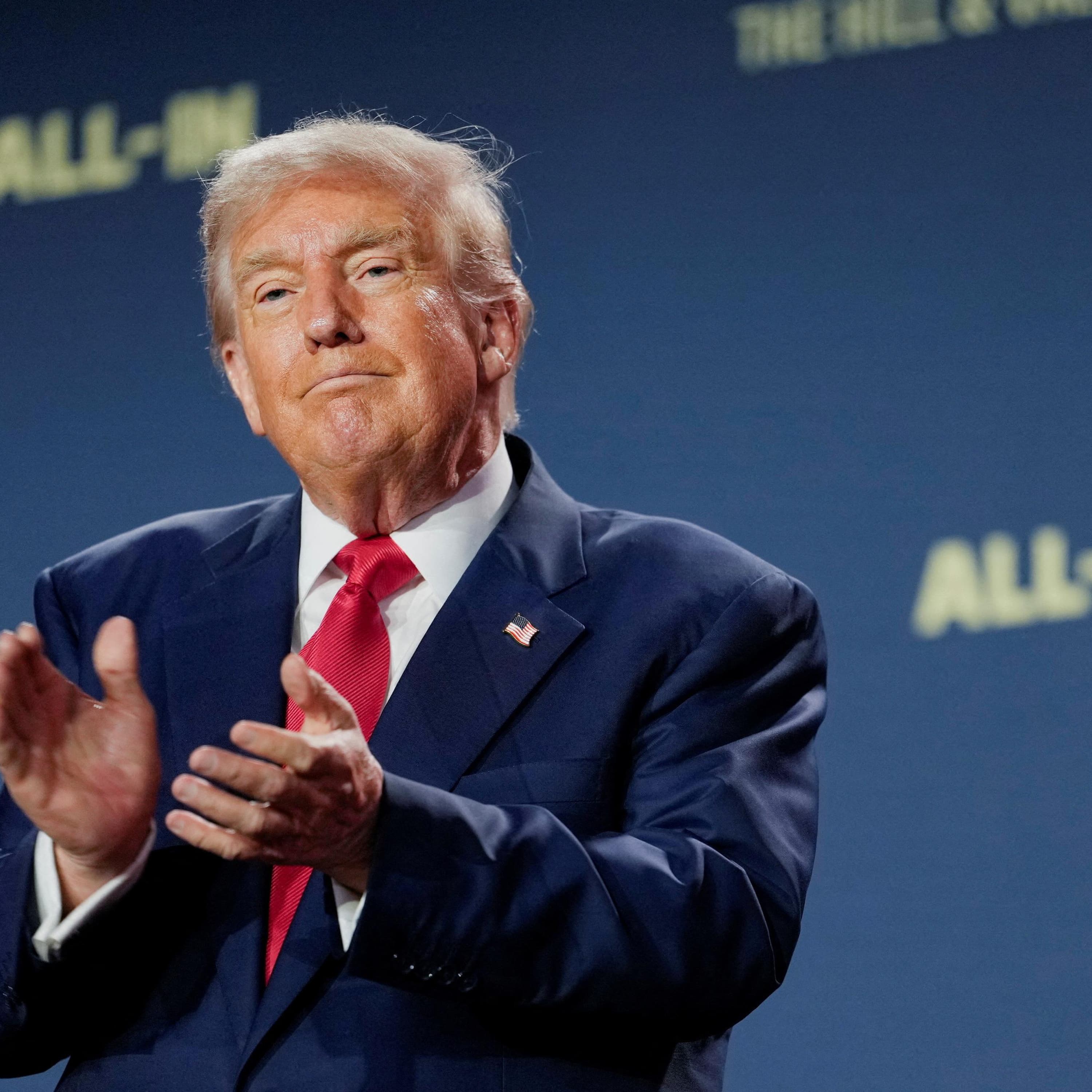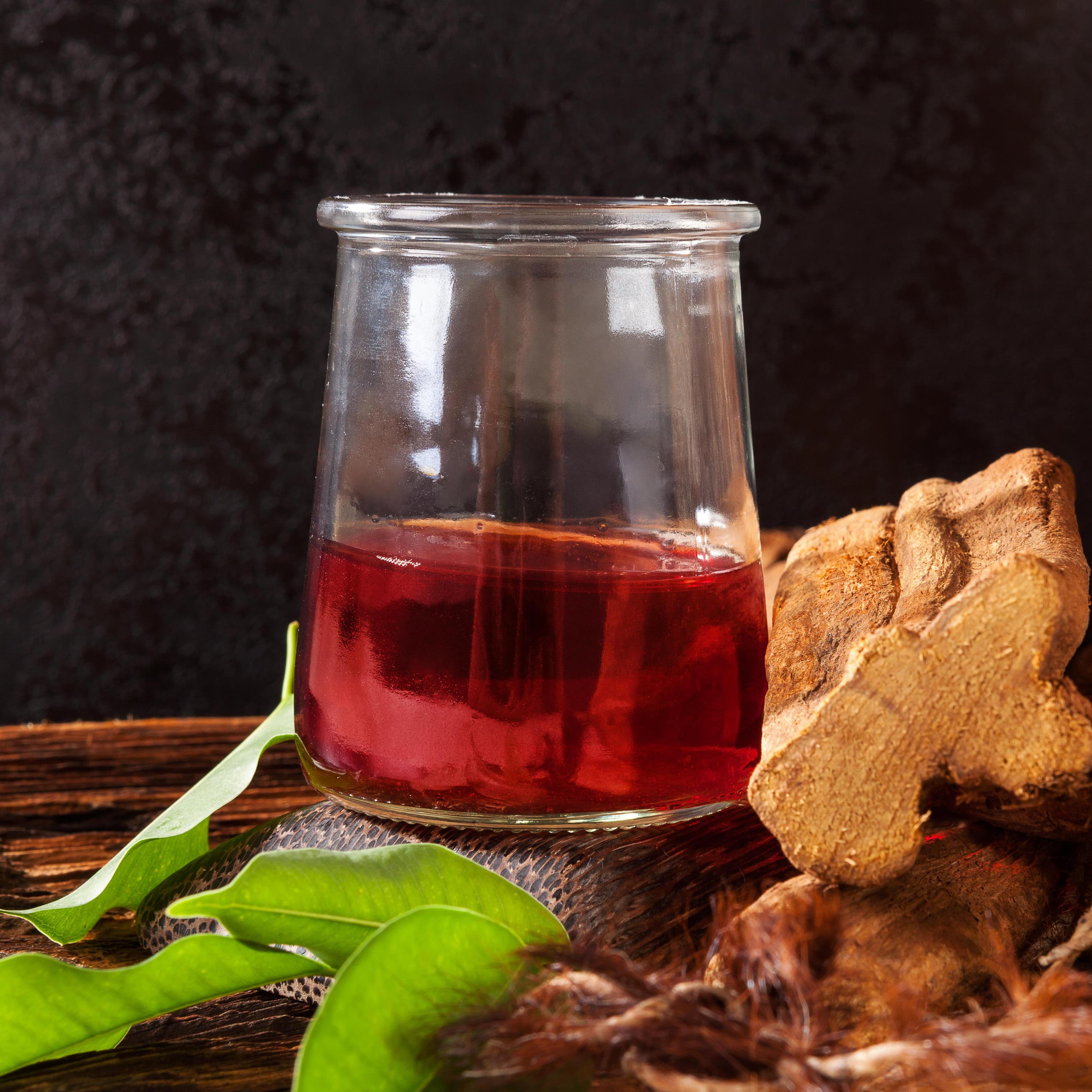
How Trump unleashed chaos in science
Loading player...
In his first month in office the US president has thrown science in the US into chaos, delaying projects and casting the future of research funding and jobs into doubt. To understand everything that has happened in the month since he took office and what its impact could be, Madeleine Finlay hears from science editor Ian Sample and Prof Harold Varmus, a Nobel prize winner and former director of the National Institutes of Health under Bill Clinton. Help support our independent journalism at theguardian.com/sciencepod





